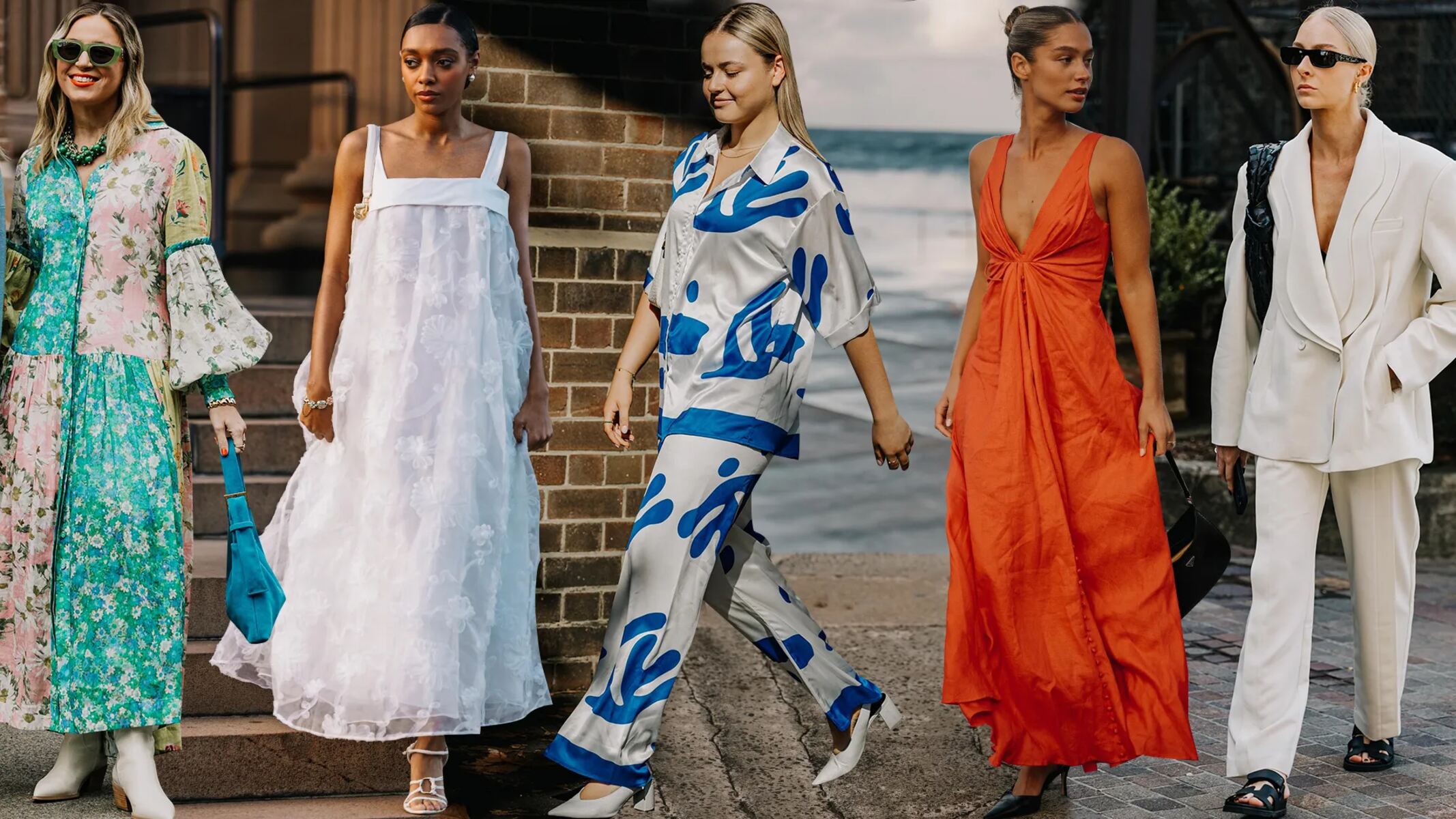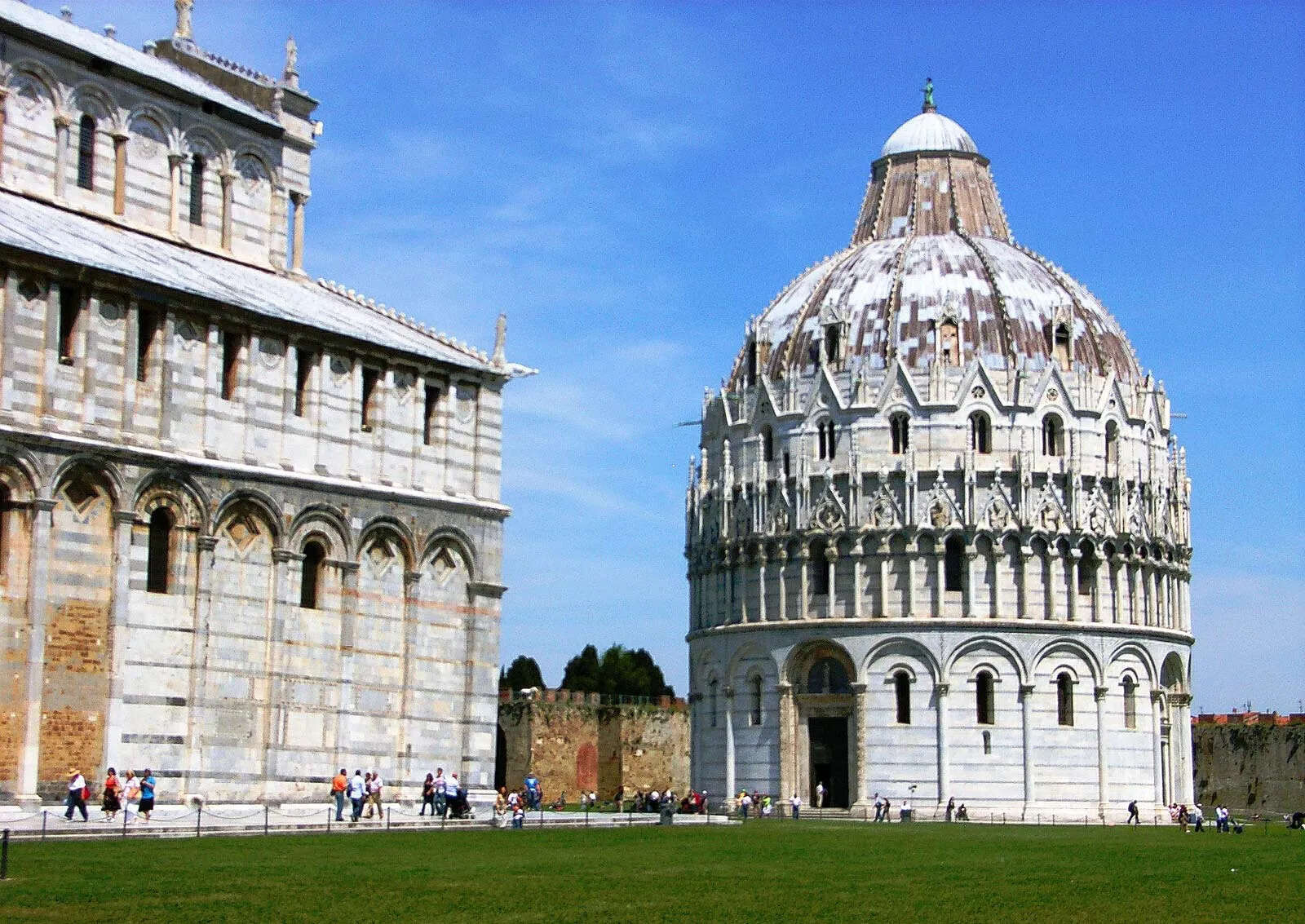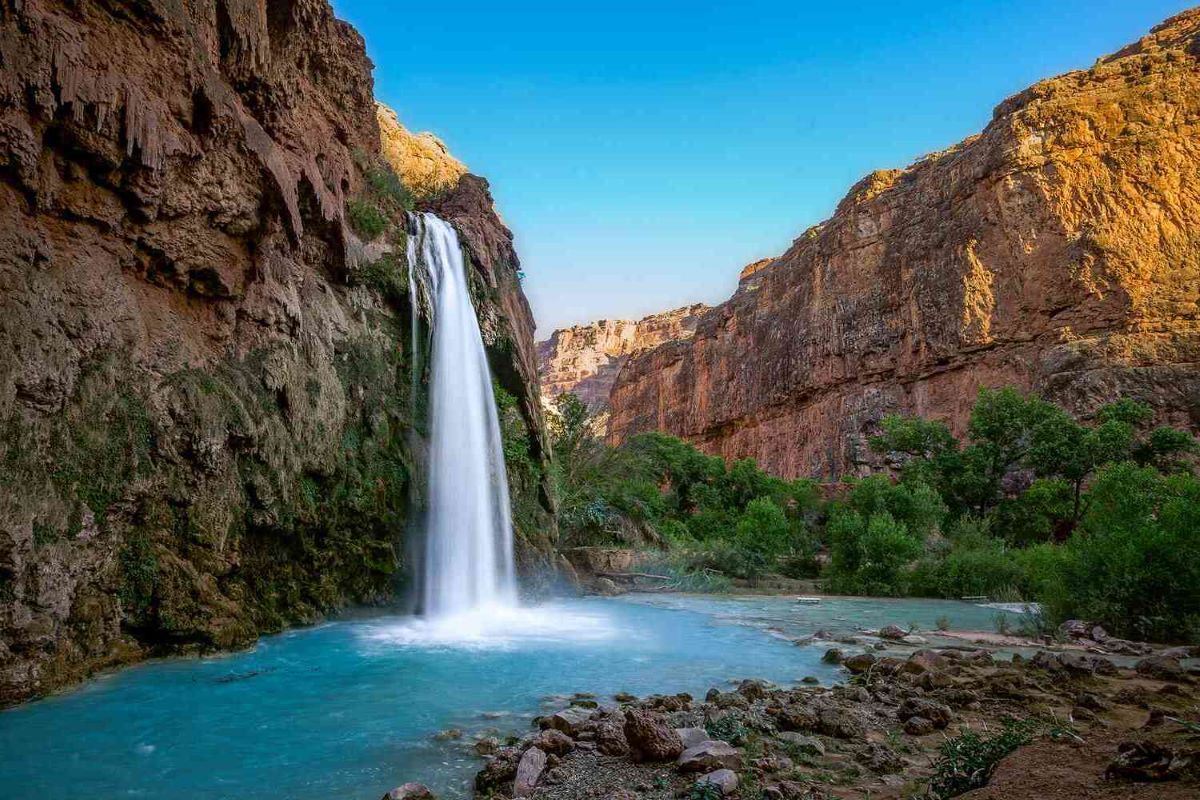
Fashion Week is one of the most highly anticipated events in the fashion industry. It is a time when designers, models, and fashion enthusiasts come together to showcase the latest trends and collections. But there is more to Fashion Week than just glamorous runways and stunning designs. In this article, we will dive deeper into the world of Fashion Week and explore 20 fascinating facts that you may not know. From its origins to the immense global impact it has today, Fashion Week is a truly remarkable event that continues to shape the fashion industry. So, fasten your seatbelts and get ready to discover some intriguing insights about this iconic fashion extravaganza.
Key Takeaways:
- Fashion Week is a big deal! It happens twice a year in major cities, showcasing the latest fashion trends and making billions of dollars in revenue. It’s like a super stylish party for the whole world!
- Fashion Week isn’t just about clothes. It’s a hub for creativity, diversity, and setting trends. It’s where designers, influencers, and celebrities come together to inspire the fashion world and even the stuff we buy at the mall!
Fashion Week is a biannual event.
Fashion Week takes place twice a year in major cities around the world, showcasing the latest fashion trends for the upcoming seasons.
The first Fashion Week was held in New York City.
In 1943, New York City hosted the first-ever Fashion Week, known as “Press Week,” to divert attention from French fashion during World War II.
Paris Fashion Week is one of the most prestigious.
Paris Fashion Week is considered the pinnacle of high fashion, featuring renowned designers and attracting fashion enthusiasts from all over the world.
Milan Fashion Week is known for its luxury brands.
Milan Fashion Week showcases designs from some of the world’s most prestigious luxury brands, such as Gucci, Prada, and Versace.
London Fashion Week is known for its eccentricity.
London Fashion Week embraces creativity and showcases edgier and avant-garde designs, setting trends for the fashion industry.
Fashion Week events generate substantial revenue.
The fashion industry heavily relies on Fashion Week events to attract buyers, investors, and media attention, resulting in billions of dollars in revenue each year.
Fashion Week helps boost tourism.
Cities hosting Fashion Week events experience a surge in tourism, as fashion enthusiasts and industry professionals flock to attend the shows and explore the host city.
Influencers and celebrities often attend Fashion Week.
Fashion Week is not only attended by fashion insiders but also attracts influencers, celebrities, and social media personalities, who showcase the latest designs to their millions of followers.
Fashion Week plays a crucial role in setting trends.
Fashion Week acts as a platform for designers to showcase their collections and set the trends for the upcoming seasons, influencing the entire fashion industry.
Runway shows are the main highlight of Fashion Week.
Runway shows are the focal point of Fashion Week, where designers present their collections to a live audience, including buyers, editors, and influential industry figures.
Fashion Week features both established and emerging designers.
While established designers showcase their latest creations, Fashion Week also provides a platform for emerging talents to gain exposure and launch their careers.
Fashion Week fosters collaboration between designers and brands.
Collaborations between designers and brands are common during Fashion Week, allowing for unique and innovative collections that merge different creative perspectives.
Fashion Week offers networking opportunities for industry professionals.
Fashion Week events attract industry professionals, including models, photographers, stylists, and influencers, who utilize the platform to network and form valuable connections.
Fashion Week has expanded beyond traditional runway shows.
While runway shows remain integral, Fashion Week now includes presentations, installations, immersive experiences, and digital showcases to cater to evolving consumer demands.
Fashion Week is not limited to women’s fashion.
While women’s fashion collections dominate Fashion Week events, there are dedicated showcases for men’s fashion, children’s fashion, and even sustainable and ethical fashion.
Fashion Week supports emerging fashion capitals.
In addition to the prominent fashion capitals like New York, Paris, Milan, and London, Fashion Week events are also held in cities like Berlin, Miami, Sydney, and Tokyo, supporting the growth of emerging fashion scenes.
Fashion Week creates a platform for diversity and inclusivity.
Recent years have seen increased efforts to promote diversity and inclusivity in Fashion Week, with designers featuring models of different races, sizes, and backgrounds in their shows.
Fashion Week influences not just clothing but also beauty trends.
Beauty brands leverage Fashion Week to launch new products and showcase upcoming beauty trends, as makeup and hairstyling play a vital role in completing a designer’s vision.
Fashion Week has a significant environmental footprint.
The fashion industry has faced criticisms for the environmental impact of Fashion Week due to waste, excess production, and carbon emissions associated with staging large-scale events.
Fashion Week inspires and influences the mass market.
The trends set during Fashion Week trickle down to the mass market, influencing the clothing, accessories, and beauty products available in stores and online retailers.
Conclusion
Fashion Week is an exciting and prestigious event that showcases the latest trends and designs in the fashion industry. From glamorous runway shows to exclusive parties, it has become a symbol of style and creativity. Throughout this article, we have explored 20 fascinating facts about Fashion Week, highlighting its global impact, historical significance, and the hard work that goes into creating these incredible events. Whether you are a fashion enthusiast or simply curious about this influential event, Fashion Week offers a unique opportunity to witness the future of fashion unfold. It brings together designers, models, influencers, and fashion lovers from around the world, creating a platform for innovation, inspiration, and networking. So, mark your calendars and be prepared to be dazzled by the magic of Fashion Week.
FAQs
Q: What is Fashion Week?
A: Fashion Week is a series of events, primarily runway shows, where fashion designers showcase their latest collections for the upcoming seasons. It is an opportunity for designers to create buzz around their brand and for industry professionals to discover new trends.
Q: How long does Fashion Week typically last?
A: Fashion Week typically lasts for about a week, hence the name. However, the duration may vary depending on the city and the number of designers participating in the event.
Q: Where are some of the most famous Fashion Week events held?
A: Some of the most famous Fashion Week events are held in cities like New York, Paris, Milan, and London. These cities are known as the “Big Four” in the fashion industry and attract top designers, models, and fashion influencers from around the world.
Q: Can anyone attend Fashion Week?
A: Fashion Week events are primarily industry-focused and entry is usually restricted to industry professionals, celebrities, influencers, and members of the press. However, some designers may hold public shows or organize events open to the general public.
Q: How are the fashion trends decided during Fashion Week?
A: Fashion trends are not predetermined during Fashion Week. Instead, they emerge based on the collections showcased by various designers. Fashion editors, buyers, and influencers pay close attention to the shows and determine which trends are likely to resonate with consumers.
Q: Are Fashion Week events only about clothing?
A: While clothing takes center stage at Fashion Week, it is not the only focus. Fashion Week also showcases accessories, footwear, and sometimes even beauty trends. It is a holistic celebration of style and creativity in the fashion industry.
Q: How can aspiring models get involved with Fashion Week?
A: Aspiring models can get involved with Fashion Week by contacting modeling agencies in the cities where Fashion Week events are held. Agencies often scout for new talent leading up to these events, so attending open casting calls or submitting portfolios is a good way to get noticed.
Q: Do designers pay to participate in Fashion Week?
A: Designers typically have to pay certain fees to participate in Fashion Week events. These fees cover aspects like venue rental, production costs, and promotional expenses. The costs can vary depending on the scale and location of the event.
Q: Are men’s fashion shows also part of Fashion Week?
A: Yes, men’s fashion shows are an integral part of Fashion Week. Many cities have separate events or dedicated days within Fashion Week to showcase men’s fashion. This allows designers to present their collections to a specific audience and cater to the growing demand for men’s fashion.
Q: How can I keep up with the latest Fashion Week updates?
A: You can keep up with the latest Fashion Week updates by following fashion blogs, magazines, and social media accounts of designers, models, and industry insiders. Additionally, many Fashion Week events have their own official websites and social media channels, providing real-time updates and highlights.
Fashion Week's global influence spans cities, styles, and seasons. Dive into India's vibrant contemporary fashion scene at Lakme Fashion Week, where designers showcase their latest creations. Across the globe, London Fashion Week sets trends with its avant-garde designs and cutting-edge fashion. Stateside, New York Fashion Week remains a powerhouse, attracting top designers, celebrities, and fashion enthusiasts from around the world.
Was this page helpful?
Our commitment to delivering trustworthy and engaging content is at the heart of what we do. Each fact on our site is contributed by real users like you, bringing a wealth of diverse insights and information. To ensure the highest standards of accuracy and reliability, our dedicated editors meticulously review each submission. This process guarantees that the facts we share are not only fascinating but also credible. Trust in our commitment to quality and authenticity as you explore and learn with us.


